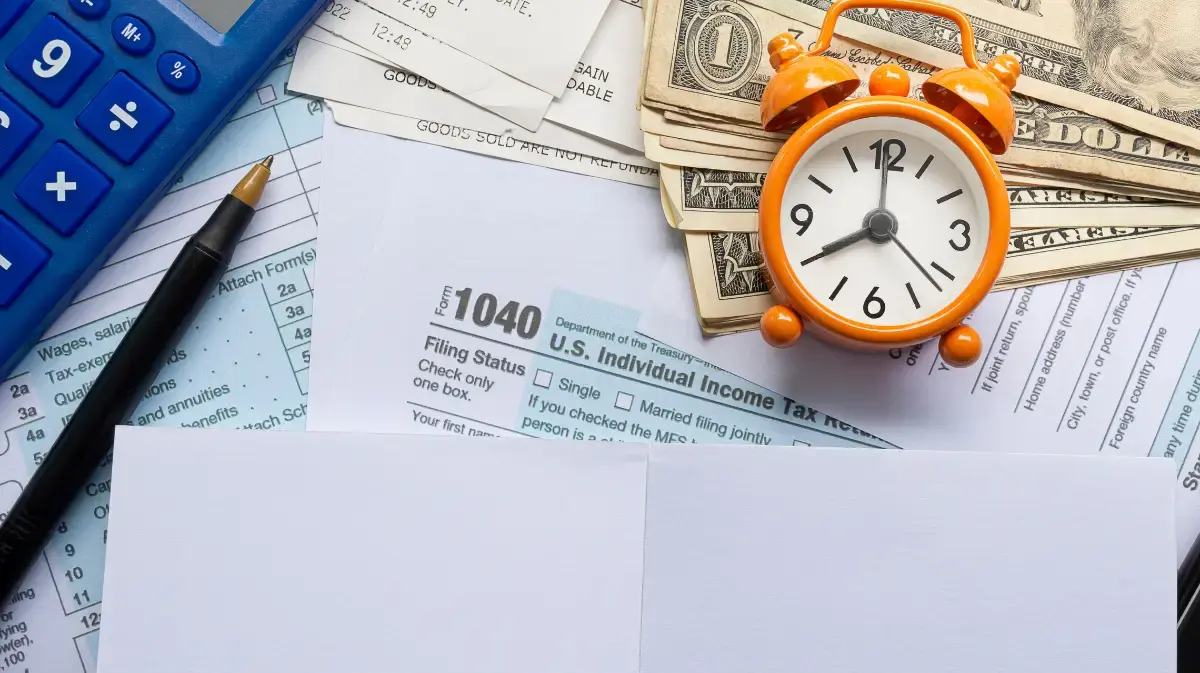529 Accounts are not Just for College
It's still summer, but it won't be long until school bells will be ringing again. If you've set up Section 529 college savings plans for your kids or grandkids, you probably know these plans bring federal tax advantages. For example, qualified withdrawals are free from federal income tax, subject to limitations. Some states also offer tax advantages. But 529 accounts aren't just for college. The funds can generally also be used to pay for K-12 tuition costs at a public, private, or religious school or to purchase required materials for a beneficiary to be part of a qualified apprenticeship program. Eligible withdrawals can also be used to pay a beneficiary's college loans, up to $10,000, once in a lifetime.
What Happens in Summer May Be Taxable
Summer isn't tax season, but it's a season when some common activities have tax implications. If you get married, you should notify the IRS and Social Security Administration about any name or address changes. If you're sending your kids to day camp, depending on the details, you may qualify for the Child and Dependent Care Credit. If you're spending the warm days fixing up your home, the Energy Efficient Home Improvement Credit can help cover the costs of replacing windows, doors, and heating and air conditioning systems. The Residential Clean Energy Credit may be available for solar, wind, and other sustainable energy projects. To learn more, visit the IRS website.
Don't Ignore the IRS
Ignoring the IRS doesn't make it go away. While the tax agency is generally willing to work with taxpayers who dispute their tax bills or need more time to pay, cooperation is key.
In one case, the owner of a boat and RV storage facility owed unpaid federal income and self-employment taxes, as well as penalties and interest, for two tax years. It amounted to $1,314,804. After a federal lien was issued, the taxpayer sold business property to pay the taxes, but the proceeds didn't cover the debt entirely. The taxpayer then failed to acknowledge further attempts by the IRS to contact her. Deeming the tax bill "undisputed," a U.S. District Court ordered her to pay $802,308. (Wonka, DC Tex., 7/2/24)
Beware Scams Promoted on Social Media
The IRS continues to warn the public about tax-related scams and myths spreading on social media. The scams involve the Fuel Tax Credit, a COVID-19-related employer credit for employees taking sick and family leave during the pandemic, household employment taxes, and overstated withholding.
These scams encourage taxpayers to use false and questionable information to obtain huge refunds. The IRS said thousands of inflated refund claims have been filed. Those who file such claims may receive an IRS letter requiring authentication or stating a tax return is frivolous. Here's a list of FAQs with more information.
When You and the IRS Disagree
Taxpayers involved in a tax dispute with the IRS may want to consider mediation. Also known as "alternative dispute resolution," mediation can help taxpayers resolve issues quickly and with less hassle. The process is voluntary and nonbinding on both parties, not requiring either party to relinquish control.
Mediation also offers a chance to avoid lengthy appeals and costly litigation. Taxpayers for whom mediation is a good option include those who don't have many disputed issues or who are seeking an early resolution to issues under audit. Mediation doesn't replace the audit or collection process and doesn't allow taxpayers to present new information. Click here for more from the IRS.
© 2024





 TMA Accounting
TMA Accounting
